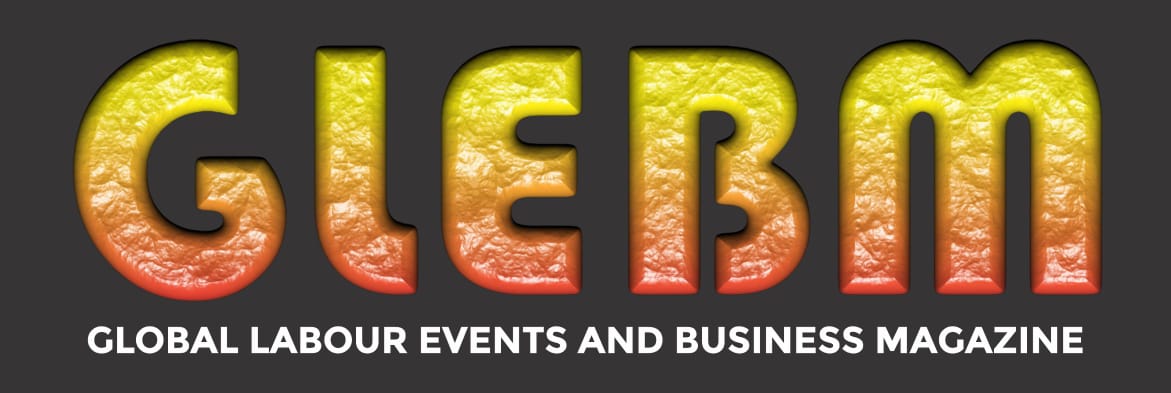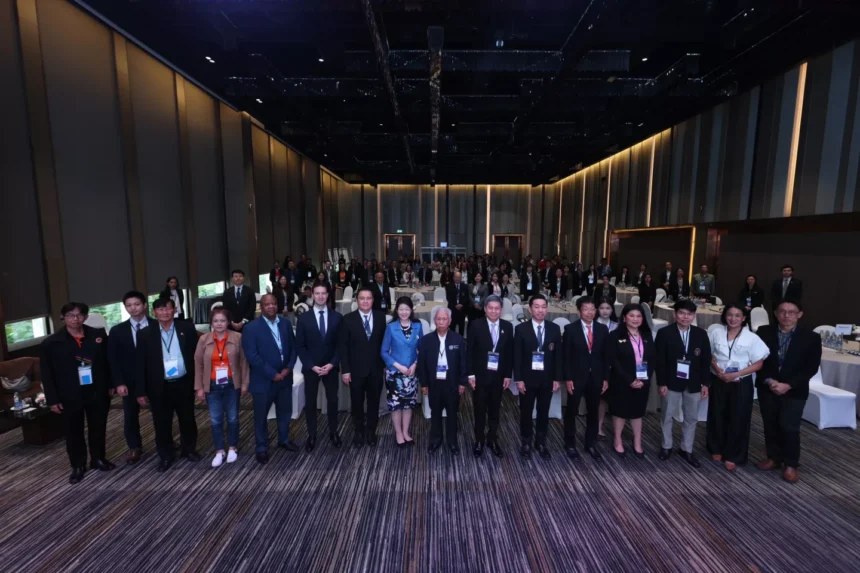By Raymond Akorede
Thailand’s automotive industry took a major step toward a more resilient and sustainable future on Tuesday, as over 100 stakeholders from across the sector gathered in Bangkok for the country’s first-ever National Industry Dialogue for a Responsible and Sustainable Automotive Supply Chain.
Backed by the International Labour Organization (ILO), the landmark event united leading domestic and multinational automotive companies, auto parts manufacturers, government officials, trade unions, employer organizations, academics, and policy experts. The dialogue focused on improving collaboration, advancing responsible business conduct, and strengthening human rights practices across the supply chain.
Amid increasing global pressures—including shifting trade dynamics, geopolitical tensions, and growing expectations for ethical supply chains—Thailand’s auto sector is positioning itself to adapt through stronger industrial relations and sustainable practices.
“Automotive manufacturing in Thailand accounts for around 10 per cent of the country’s GDP and provides employment for nearly one million workers,” said Kaori Nakamura-Osaka, ILO Assistant Director-General and Regional Director for Asia and the Pacific. “In the face of evolving global supply chains in auto manufacturing, today’s dialogue was a tremendous opportunity to bring together key stakeholders to discuss how to enhance the resilience of the sector while striving towards improvements in decent work and responsible business practices.”
The event was part of the ILO’s “Resilient, Inclusive and Sustainable Supply Chains (RISSC)” project in Thailand, which is funded by the Government of Japan. Launched in 2023, the RISSC project supports social sustainability efforts by offering research, tools, training, and policy guidance to businesses and institutions across the industry.
Over the past year, the project has provided training and mentorship to more than 200 automotive stakeholders, including both automakers and suppliers, focusing on strengthening social dialogue and worker-management relations. These elements are seen as vital for the successful implementation of human rights due diligence (HRDD)—a process increasingly demanded by global regulators and consumers to ensure ethical business conduct.
“By placing social dialogue and robust industrial relations at the centre of our approach, we are not just talking about sustainability; we are reinforcing it in practical, measurable ways across the Thai automotive supply chain,” said David Williams, RISSC Project Manager. “In doing so, we are equipping the industry to not only respond to current pressures, but also to build resilience to future challenges, all while ensuring decent work is a strategic advantage.”
The event featured experience-sharing and joint planning on how best to adopt and scale responsible practices in line with global standards such as the ILO’s Tripartite Declaration of Principles concerning Multinational Enterprises and Social Policy (MNE Declaration).
As automotive firms face rising scrutiny and shifting compliance standards, organizers say the dialogue sets the foundation for long-term collaboration across the sector—one that balances growth with responsibility, and innovation with inclusivity.




